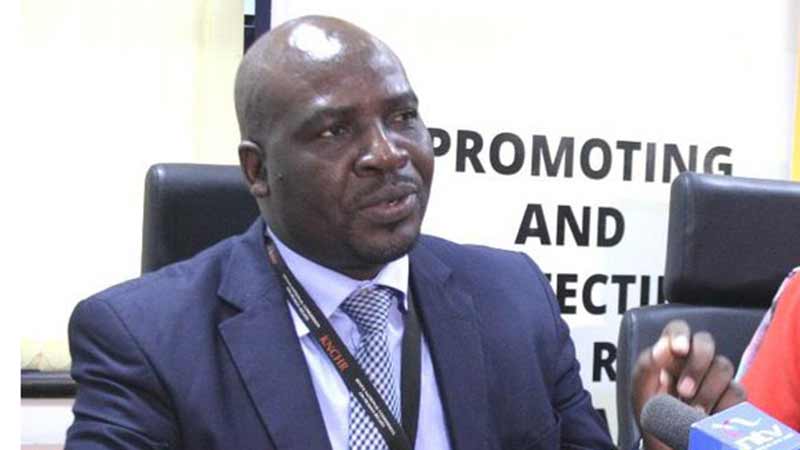×
The Standard e-Paper
Join Thousands Daily

The title of the human rights account of the 2007 post-election violence published by the Kenya National Commission on Human Rights (KNCHR),
‘On the brink of precipice’, aptly captured the gravity of the situation that our country faced at the time. Ten years later, it behoves us to reflect on this near apocalypse and its aftermath.